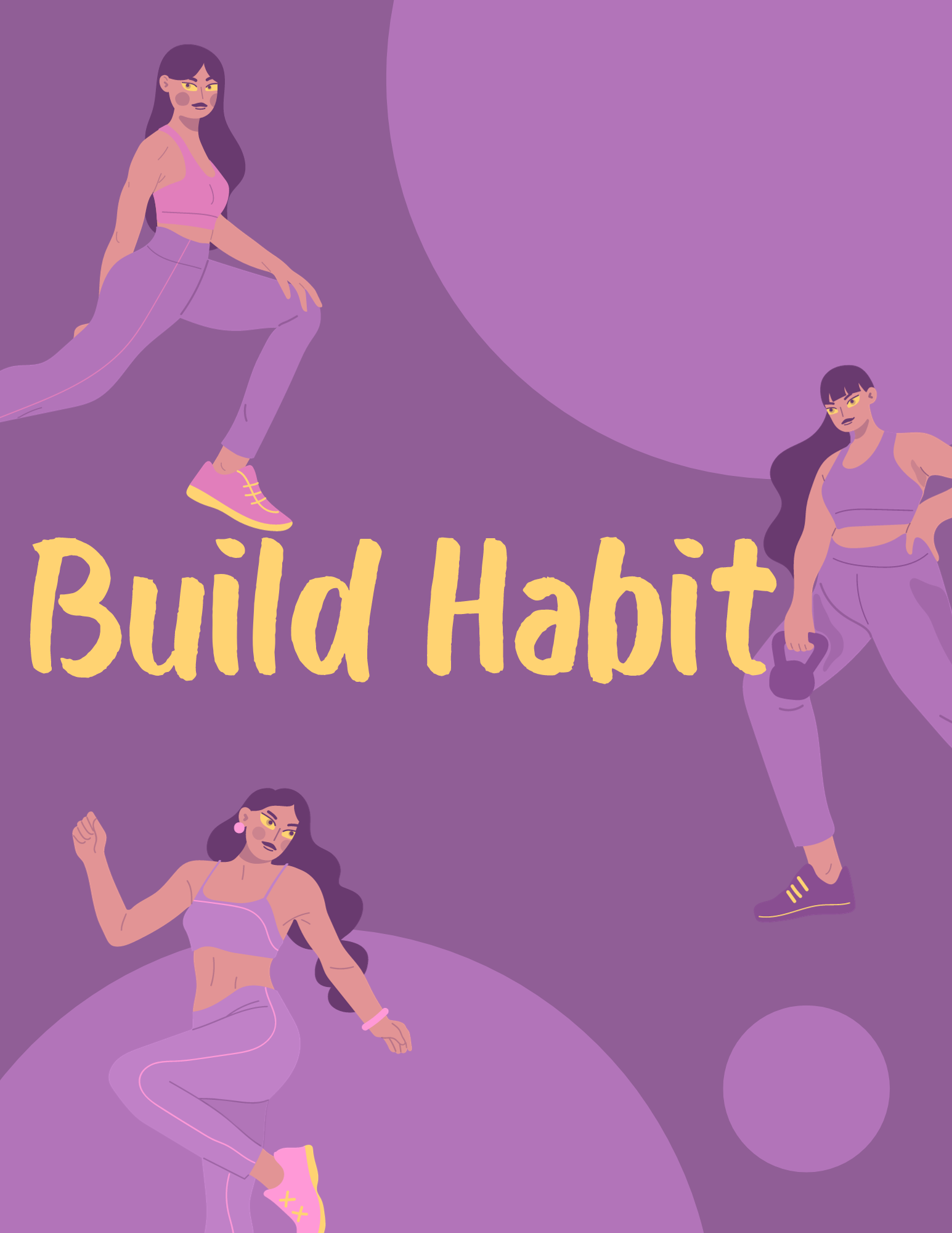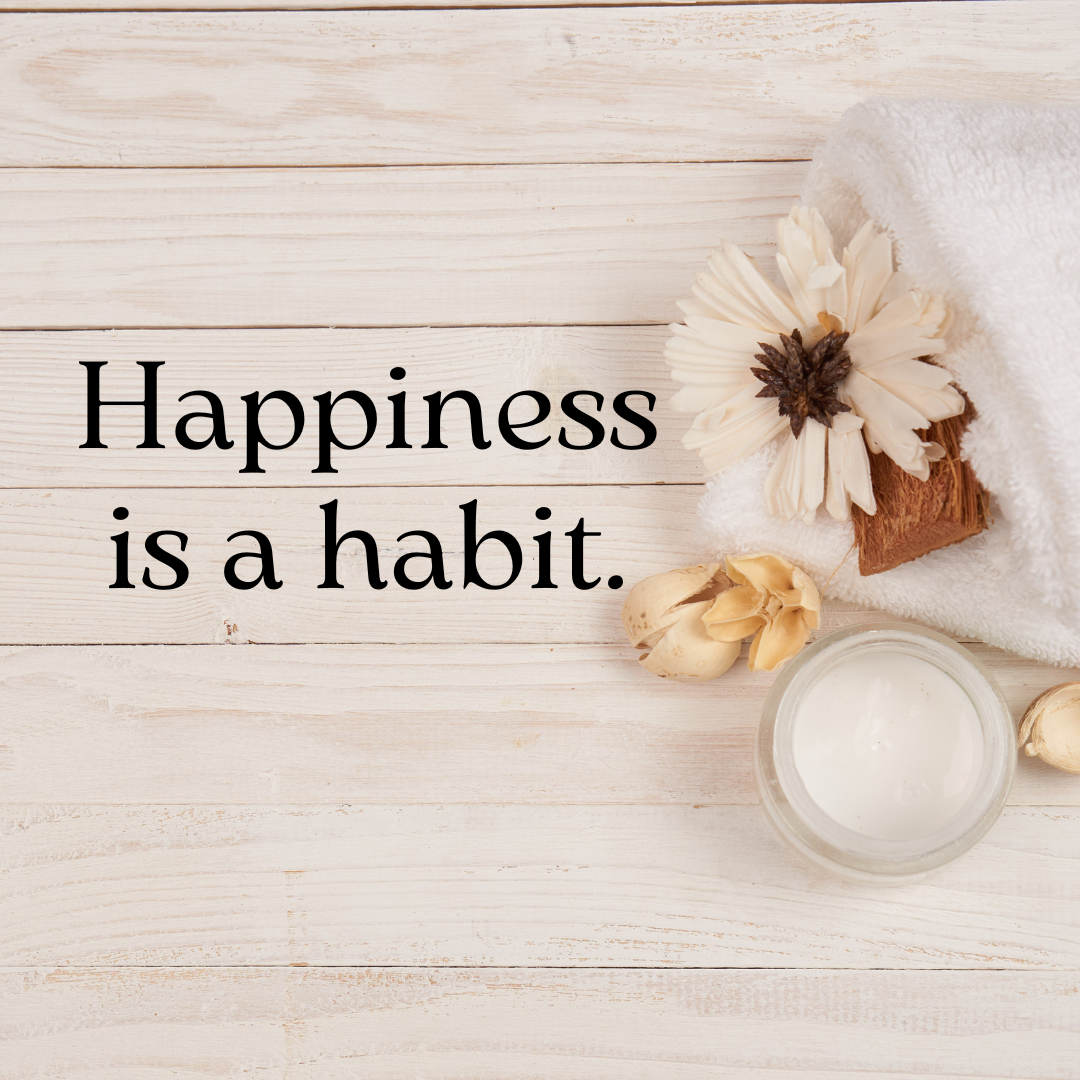How to Build a Habit : Your Roadmap to Success
3 minuteRead

So, you've decided it's high time to kick those procrastination blues and build some positive habits, right? Well, you're in the right place! Building habits can be a bit like planting a garden – it takes time, effort, and a sprinkle of patience.
Whether it's hitting the gym regularly, reading more, or finally conquering that mountain of dirty dishes in your sink, building a habit is a journey worth taking. In this blog post, we're going to chat about the art and science of habit-building – the kind that sticks around like an old friend. Ready? Let's dive in.
Understanding the Science of Habits
Before we jump into the "how," let's dissect the "what" and "why" of habits. At their core, habits are routines or behaviours that we perform automatically, often without conscious thought. They're the building blocks of our daily lives, influencing our productivity, health, and overall well-being.
Now, the million-dollar question: why bother building good habits? Well, habits streamline our lives, reduce decision fatigue, and pave the way for long-term success. Imagine not having to summon the willpower to hit the gym or avoiding the snooze button every morning – sounds like a dream, doesn't it?
Identify Your Why:
Before embarking on the journey of building a new habit, it's crucial to understand why you want to make this change. Your "why" serves as your motivation and provides a sense of purpose, making it easier to stay committed when faced with challenges.
Start Small:
Overwhelming yourself with drastic changes can lead to burnout and discouragement. Begin with small, manageable steps that align with your overall goal. Consistency is key, and starting small allows you to build momentum gradually.
Set SMART Goals:
The criteria for SMART goals include being Specific, Measurable, Achievable, Relevant, and Time-bound. Define your habit with clarity and precision, making it easier to track your progress and celebrate small victories along the way.
Create Triggers:
Habits often develop as a response to specific cues or triggers. Identify triggers associated with your desired habit and integrate them into your routine. For example, if you want to establish a morning exercise routine, place your workout clothes next to your bed as a visual trigger.
Building the Habit
Consistency is Key:
Repetition is the foundation of habit formation. Aim for consistency in your actions, performing the behaviour at the same time and in the same context whenever possible. Consistency reinforces the neural pathways associated with the habit.
Use Habit Stacking:
Pair your new habit with an existing routine to leverage existing habits as cues. For instance, if you're trying to incorporate daily meditation, do it right after brushing your teeth. This "stacking" technique helps anchor the new habit to an established behaviour.
Track Your Progress:
Keep a habit journal or use habit-tracking apps to monitor your progress. Regularly reviewing your achievements can boost motivation and provide insights into areas that may need adjustments.
Stay Accountable:
Share your goals with friends, family, or a supportive community. Having someone to hold you accountable increases your commitment and makes the habit-building process more enjoyable.
Maintaining the Habit
Celebrate Milestones:
Acknowledge and take pride in your accomplishments, no matter how small. This positive reinforcement reinforces the habit loop and encourages continued adherence.
Learn from Setbacks:
Understand that setbacks are a natural part of habit formation. Instead of perceiving them as failures, regard them as chances for personal development. Analyse the factors that led to the setback and adjust your approach accordingly.
Adapt and Evolve:
Be open to adjusting your habits as your life circumstances evolve.Flexibility is crucial for long-term success. Modify your habits to align with your current priorities and responsibilities.
Building habits is an ongoing journey, not a destination. So, arm yourself with patience, sprinkle in a dash of determination, and watch as your habits transform your life one small step at a time. Happy habit building!
Write, Record and Answer! Consume Unlimited Content! All you need to do is sign in and its absolutely free!
Continue with one click!!By signing up, you agree to our Terms and Conditions and Privacy Policy.















